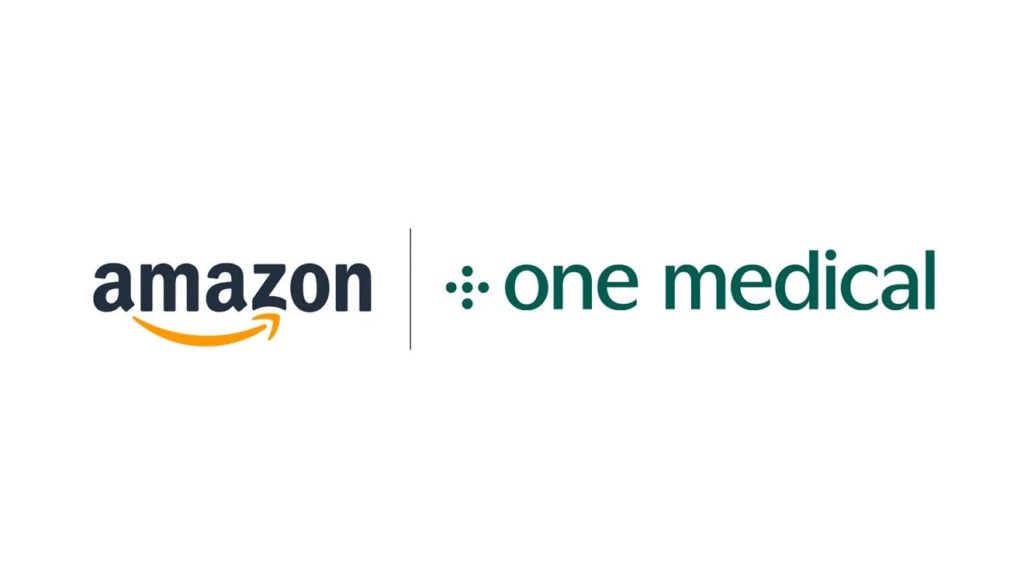Of all the “next big things” these tech behemoths are betting on to drive their growth, I like Amazon’s approach.

22 July 2022 (Krakow, Poland) – Imagine you were a giant company under government investigation and you wanted to send a message to antitrust regulators that you won’t be deterred from continuing to gobble up companies. What would you do? Well, you would probably announce that you were acquiring a company in a highly sensitive industry, handling a highly sensitive type of data, right before the summer recess of Congress, right?
And that’s just what Amazon did yesterday, announcing its plans to acquire One Medical for $3.9 billion. One Medical operates primary care facilities that bill themselves as more “user-friendly” than your average doctor’s office. It also has a pretty robust remote medicine practice. I’m a customer (they are my medical provider when I am in the States) and I just re-upped. I am waiting for the day when I can eliminate my infinite password reset loop and my One Medical, Amazon Prime and Amazon Video accounts are all integrated with my Amazon login.
As I noted in my series on Amazon (“Amazon: America and the world cannot stop falling under the company’s growing shadow“), the company launched its own digital healthcare service, Amazon Care, almost three years ago. But it wasn’t growing quite fast enough so the One Medical move is good. Sound familiar? It’s exactly what Amazon has done with Whole Foods in groceries, Ring in home security, PillPack in pharmaceuticals, MGM in Hollywood and so on. Amazon doesn’t “build” or “buy.” It does both.
So adding One Medical is a major step forward for Amazon as it tries to become a major player in health, providing services across a growing spectrum including (1) online pharmacy, (2) telemedicine, (3) at-home care, and (4) digital health technologies. One Medical covers the last three of those categories as well as brick-and-mortar clinics, which Amazon currently lacks. One Medical currently has 180-plus office locations and more than 8,000 client companies, so at a stroke will boost Amazon’s capacity for near-site primary care, 24-hour telemedicine as well as on-site care.
I think it’s a pretty smart deal for the company. It’s a small amount of money in the scheme of things. Regulators and lawmakers will surely use the transaction to sow more fears about Amazon’s growing power, but it’s hard to argue that Amazon has market power in health. The armchair/social media antitrust brigade was out in full force last night and this morning. I suspect it will clear any hurdles and close, but I’ll save my antitrust analysis for another post. But I do look forward to getting my Covid-19 booster along with my kale smoothie when the Whole Foods and One Medical mashup comes to pass.
Investors liked the deal too, sending the stock slightly up last night following the announcement. Of course, this won’t ease bigger concerns weighing on the stock, such as the future of the maturing e-commerce business, the global recession and so on. But Amazon isn’t sitting still – regulators be damned. That’s worth a little pop even in today’s dreary markets.
And while healthcare is a tough industry to disrupt (you may recall that Amazon already abandoned Haven, a healthcare joint venture), it doesn’t seem crazy to me that Amazon would try to. There’s a lot of room for improvement and the company knows all about running complex operations.
Indeed, it seems far less crazy than, I don’t know, trying to build a car that drives itself. And the healthcare industry in the U.S. alone is trillions of dollars and growing, while the auto industry is around a hundred billion dollars and shrinking. Of all the “next big things” these tech behemoths are betting on to drive their growth, I like Amazon’s approach.
More to come.